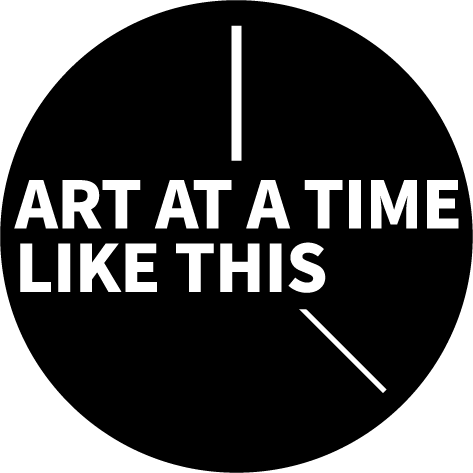
Ai Weiwei
“In January, the world became aware of a new coronavirus that rapidly spread from Wuhan to all parts of China. We began filming in hospitals, quarantine sites, and individual's homes, conducting interviews with doctors, infected patients, volunteers, and urban residents under lockdown. At the same time, I was in Rome rehearsing my production of Puccini's Turandot at the Teatro dell'Opera. As rehearsals began, news of an outbreak in northern Italy signaled the arrival of the coronavirus in Europe. I integrated this timely event into the last act of the opera. As we completed rehearsals for this last act, the superintendent of the theater informed me that the opera was cancelled due to the spread of the coronavirus. At that moment, art and reality had blurred together. This pandemic has now reached more than 100 countries, infected more than 230,000 people, and has killed more than 9,000 people.”
- Wuhan, China, in late February
Wuhan's city center during the Covid-19 epidemic.
In a hospital intensive care unit, a doctor reads the medical chart of a patient infected with Covid-19.
In a hospital intensive care unit, an on-duty doctor reviews the real-time data on Covid-19 patients.
- Rehearsing Ai Weiwei’s “Turandot” in Rome, Italy, in early March
Performers rehearsing their positions on stage.
Ai Weiwei directing the actor's movements.
Dancers and singers rehearsing a scene.






